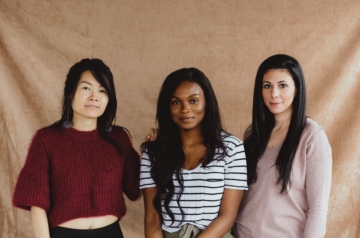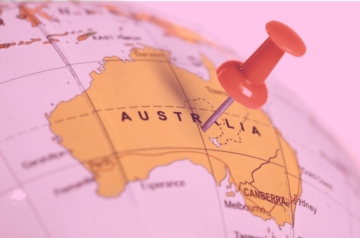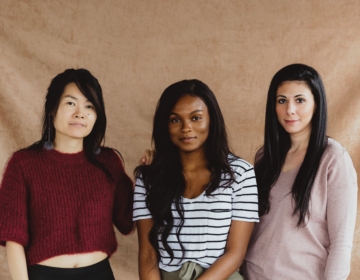Migrant and refugee women access a range of essential services that are critical to their well-being and integration into new communities. These services include healthcare, legal assistance, language and vocational training, and psychosocial support. Healthcare services are vital for addressing immediate medical needs, including prenatal and postnatal care, as well as mental health support, which is crucial given the trauma many have experienced. Legal assistance helps them navigate complex immigration laws, ensuring they can secure their status and access other rights. Language and vocational training programs are pivotal for economic integration, enabling them to find employment and become self-sufficient. Psychosocial support services help them cope with the emotional and psychological impacts of displacement and build resilience in their new environments.
Accessibility to these services is paramount for several reasons. First, it ensures the health and safety of migrant and refugee women, who may otherwise face significant health risks and exploitation. Second, accessible services empower these women by providing the tools and resources needed for economic independence and social integration, which in turn benefits their families and communities. Additionally, when these services are accessible, it helps to prevent social isolation and marginalisation, fostering a more inclusive and cohesive society. Ensuring that migrant and refugee women can easily access these services is not only a matter of equity but also a means of supporting their potential contributions to the social and economic fabric of Australia.






